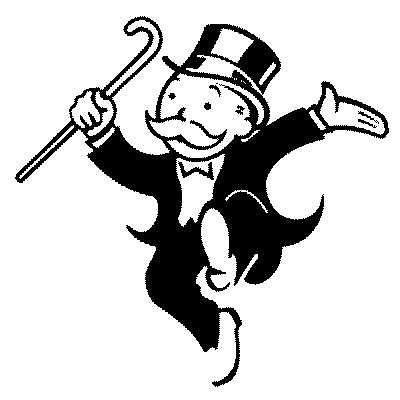“Punting the Pundits” is an Open Thread. It is a selection of editorials and opinions from around the news medium and the internet blogs. The intent is to provide a forum for your reactions and opinions, not just to the opinions presented, but to what ever you find important.
Thanks to ek hornbeck, click on the link and you can access all the past “Punting the Pundits”.
Amy Goodman: President Obama’s Christmas Gift to AT&T (and Comcast and Verizon)
One of President Barack Obama’s signature campaign promises was to protect the freedom of the Internet. He said, in November 2007, “I will take a back seat to no one in my commitment to network neutrality, because once providers start to privilege some applications or websites over others, then the smaller voices get squeezed out and we all lose.”
Jump ahead to December 2010, where Obama is clearly in the back seat, being driven by Internet giants like AT&T, Verizon and Comcast. With him is his appointed chairman of the Federal Communications Commission, Julius Genachowski, his Harvard Law School classmate and basketball pal who just pushed through a rule on network neutrality that Internet activists consider disastrous.
Robert Reich: The Year Washington Became “Business Friendly”
History will record 2010 as the year Washington became “business friendly.”
Not that it was all that unfriendly before. Some would say the bailouts of Wall Street, AIG, GM, and Chrysler were about as friendly as it can get. In addition, Washington gave windfalls to drug companies and health insurers in the new health bill, subsidies to energy companies in the stimulus package, and billions to domestic and military contractors.
But for corporate America it still wasn’t friendly enough. Before the midterm elections, Verizon CEO and Business Roundtable chair Ivan Seidenberg accused the president of creating a hostile environment for investment and job-creation. In the midterms, business leaders overwhelmingly threw their support to Republicans.
So the White House caved in on the Bush tax cuts for the wealthy, and is telling CEOs it will be on their side from now on. As the president recently told a group of CEOs, the choice “is not between Democrats and Republicans. It’s between America and our competitors around the world. We can win the competition.”
Fred Kaplan: Political Brinksmanship
Republicans picked a silly fight over START, and they lost badly.
The Senate seems on its way to ratifying the New START on nuclear arms, an achievement that looked unlikely to say the least just a few weeks ago.
If a Republican were president, the accord would have excited no controversy and at most a handful of diehard nays. As even most of its critics conceded, the treaty’s text contains nothing objectionable in substance.
There were two kinds of opponents in this debate. The first had concerns that President Barack Obama would use the treaty as an excuse to ease up on missile defense and the programs to maintain the nuclear arsenal. In recent weeks, Obama and his team did as much to allay these concerns as any hawk could have hoped-and more than many doves preferred.
So that left the second kind of opponent: those who simply wanted to deny Obama any kind of victory. The latter motive was clearly dominant in this debate.




Recent Comments